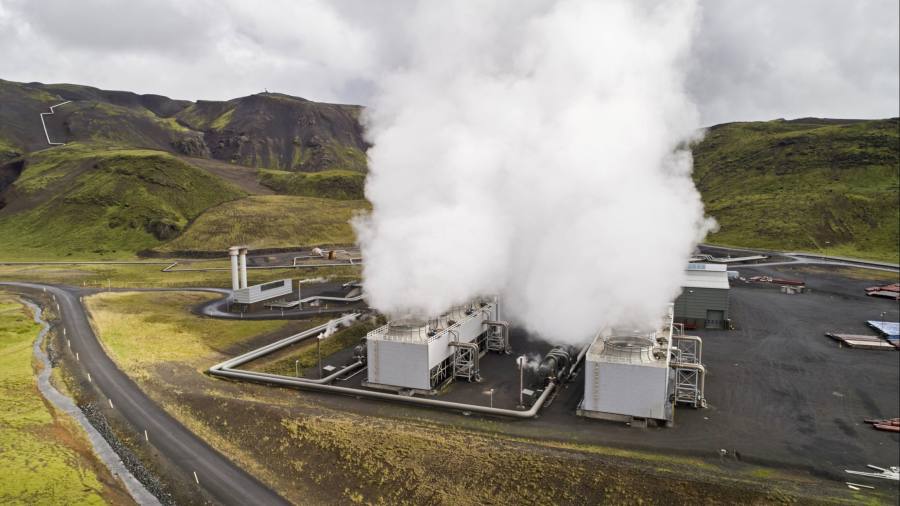Companies from banks and insurers to oil majors are placing bets on the development of a carbon capture industry and the resulting carbon removal credits used by buyers to compensate for their pollution that is expected to build into a lucrative market.
Four companies including the retailer H&M and leading fossil fuel financier JPMorgan Chase in recent weeks have agreed to spend a collective $100mn on carbon removal credits by 2030.
At the same time, another five companies including Swiss bank UBS and insurer SwissRe have agreed to buy almost 200,000 credits on delivery from 2025 via NextGen, a new Mitsubishi-backed group.
NextGen will source credits from carbon removal projects including a direct air capture (DAC) facility being developed by Occidental Petroleum’s subsidiary 1PointFive, at an average “target price” of $200 per credit. 1PointFive also secured a pre-purchase agreement last year with aerospace company Airbus for 400,000 credits linked to DAC.
Private equity firm Partners Group also announced in April that it would buy 7,000 credits generated by the start-up Climeworks’ direct air capture facilities, which suck carbon out of the atmosphere, over 13 years.
Climeworks, which sells small quantities of credits for about $1,000 each, and larger volumes for less, said it was expanding its US team to meet “increasing demand”.
The EU-wide carbon price reached a high of €100 this year, as polluters bought up permits that allow them to emit a tonne of carbon.
But long-term carbon credit deals, supported by new government subsidies in the US and elsewhere, meant carbon removal technologies were becoming more investment worthy, companies said.
While there had been previous carbon capture “hype cycles”, there was “a greater seriousness of purpose both on the corporate side and on the government side,” said David Reiner, from the Cambridge Judge Business School.
The $369bn US Inflation Reduction Act includes tax credits of $85 per tonne for facilities that capture and store carbon from pollution sources such as fossil fuel plants, and $180 per tonne for DAC plants that suck the gas out of the atmosphere.
A large scale DAC plant would cost between $125-$335 per tonne, according to the International Energy Agency. Carbon capture storage experts in the oil industry said the $85 tax credit had “closed the gap” on the investment case for simpler carbon capture projects.
Nick Cooper, chief executive of carbon capture and storage developer Storegga, said the US taxpayer support had “a profound effect on the business environment. The CCS market has just taken off . . . This feels a bit like the US shale boom 15 years ago”.
The US Environmental Protection Agency is facing a backlog of carbon capture permit applications.
Although the oil and gas industry has long promoted carbon capture as a climate solution, there are no large scale operational plants and many past projects have failed.
Critics argue the industry case for the capture of carbon enables oil and gas producers to continue to source fossil fuels for energy rather than switch to renewables.
Much of the operational carbon capture is used for a controversial process known as enhanced oil recovery, in which carbon is pumped underground in order to extract more of the fossil fuel than would otherwise be possible.
Occidental plans to use carbon captured using DAC for enhanced oil recovery, and to sell the fuel branded as “net zero oil”.
TotalEnergies, Shell and Oxy Low Carbon Ventures, part of Occidental, are also among the companies pushing for the expansion of the market for carbon removal credits, via industry group the CCS+ Initiative.
Nevertheless, DAC was an early stage, expensive, energy intensive technology, so there were “reasons to be sceptical” about its commercial viability, said Reiner from the Cambridge Judge Business School.
Read the full article here




